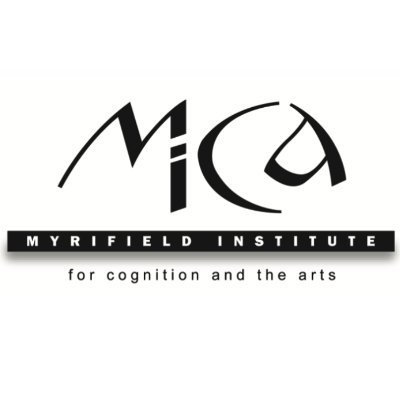
Last paper:
Grazia Pulvirenti, Renata Gambino, Neurohermeneutics. A Transdisciplinary Approach to Literature
- Peer review
- Submit a paper
- Suggest a paper
- Contact us
- Partner program
Grazia Pulvirenti, Renata Gambino,
The Neurohermeneutics of Suspicion. A Theoretical Approach
 Source: Comparatismi 4
Source: Comparatismi 4Year: 2019
Topics: Embodied Mind; Empathy; Cognition; Critical Thinking;
Disciplines: Literature;
DOWNLOAD PAPER
Download size: 274.1 KB
In this paper we argue that Ricoeur’s concept of suspicion is significant for
present-day neurocognitive studies on literature, with regard to the issues of
embodiment, bodily simulation, and interpretation of textual latent meanings.
Ricoeur’s practice of suspicion is one of the two poles of our present inquiry on
literary texts, being the second a neurohermeneutic approach that we have developed
in past studies (Gambino and Pulvirenti, Storie, menti, mondi; “Neurohermeneutics. A
Transdisciplinary Approach to Literature”).
We will refer to Ricoeur’s hermeneutics of suspicion, a principle which is often quoted
in literary critical discourse but not always precisely defined, considering it as an act
of mistrustful interpretation, which bases on intersubjectivity and aims to disclose
latent and hidden meanings in sign systems, specifically in literary texts, which is the
field of our inquiry.
In the perspective of what we here define as neurohermeneutics of suspicion, the reader
becomes an interpreter, questioning the text with regard to its multilayered surface
features as marking inferential clues unveiling secondary meanings. The meaningmaking
process depends on a creative act of the reader’s imagination embodying
mental (re-)construction of the situation described by a text. Therefore, suspicious
interpreting does not rely in either the text, the author, the reader or the cognitive
and cultural context, but in their complex and dynamic relationship, pivoting around
the common human nature rooted in corporeity. We claim that particularly in the
postcritical venture, Ricoeur’s hermeneutics may be helpful in refiguring the pleasure
of deciphering the fictional worlds of literature, challenging the reader to “play” with
the text intended as a terra incognita of inexhaustible multiple meanings.
Project
The Neuro Humanities Studies Network aims at creating a multidisciplinary research community in order to develop and structure a linking platform for neuro-scientific, cognitive topics and humanities.
Click on each keyword to show papers related with it.









